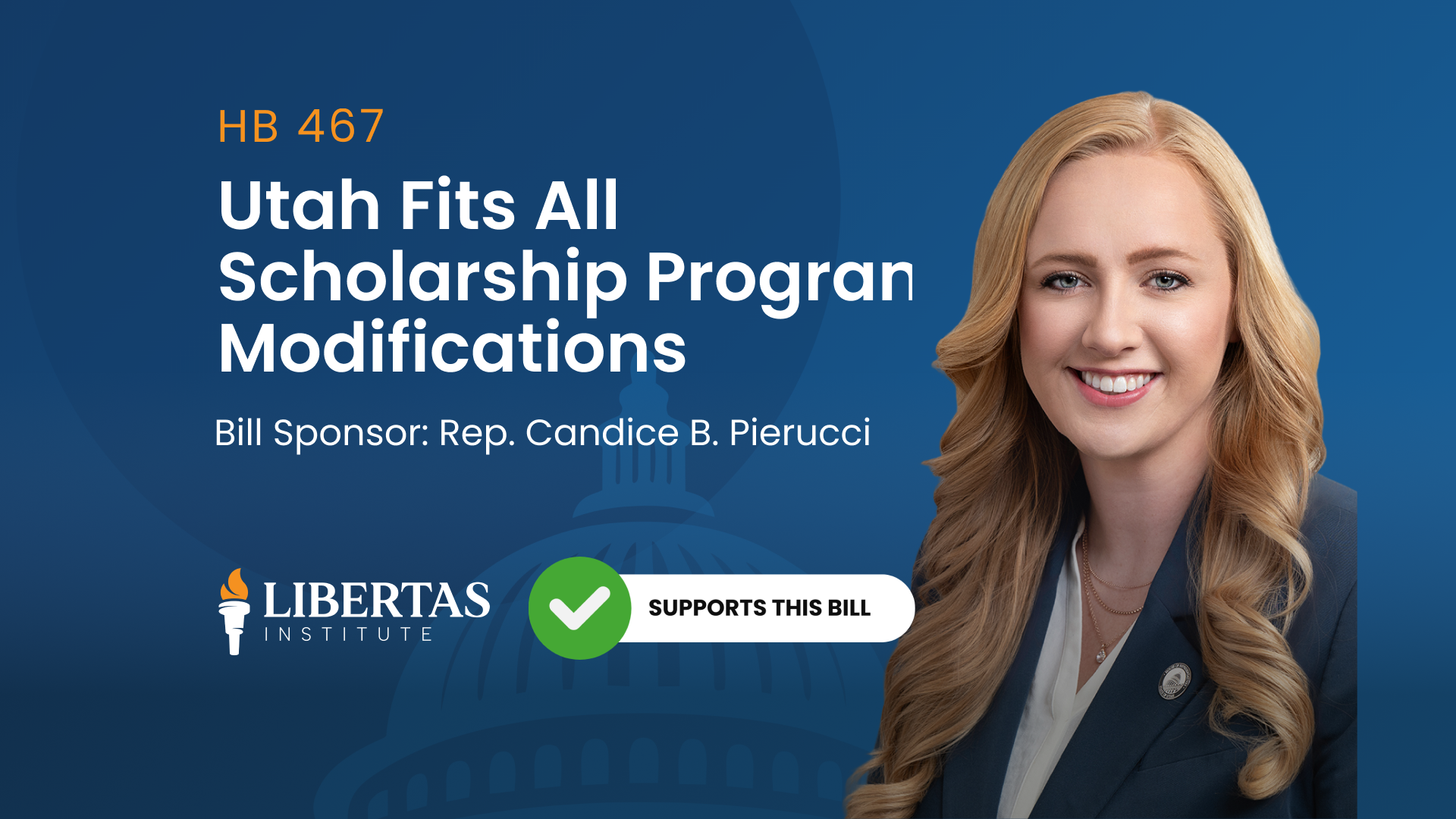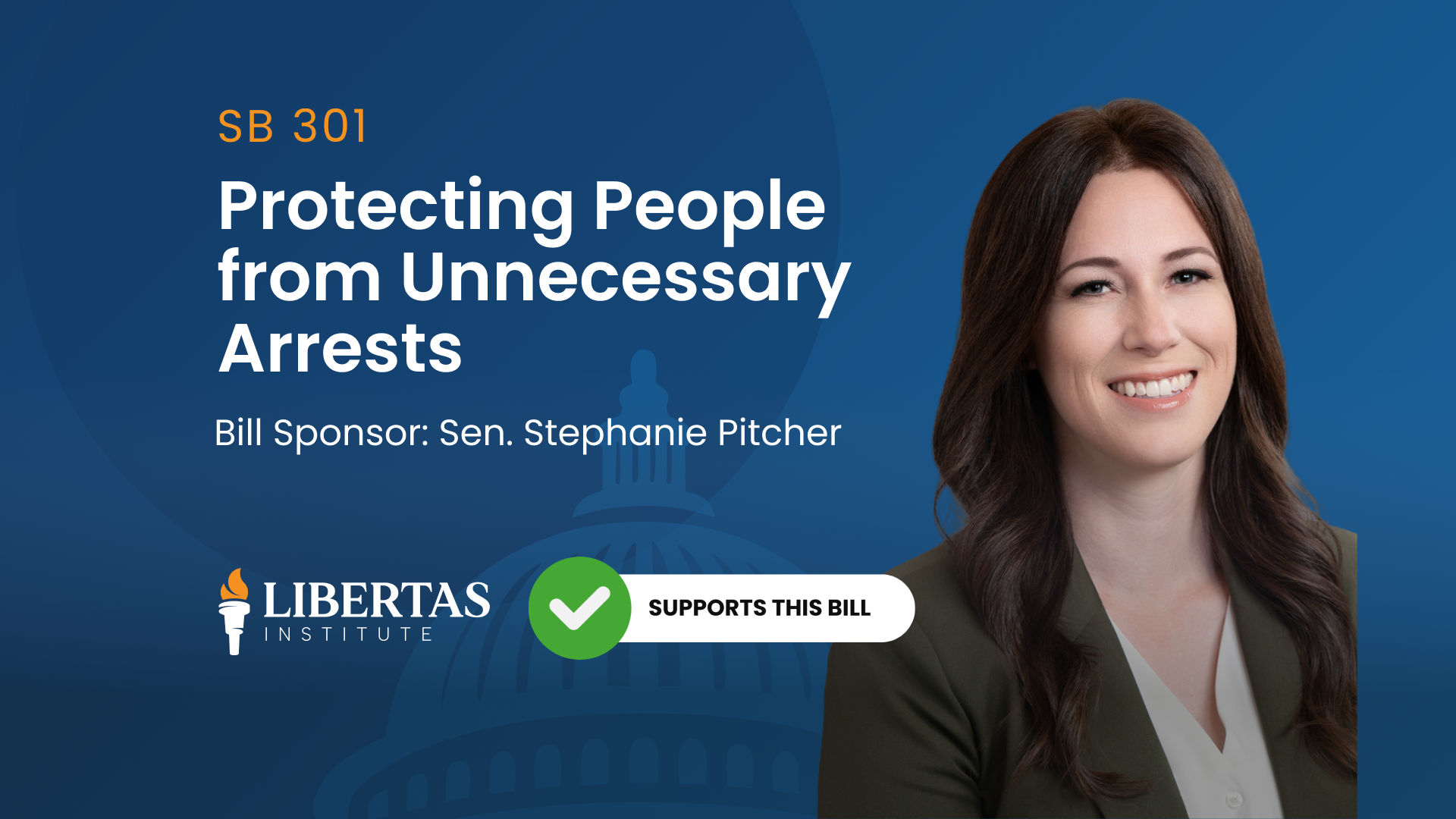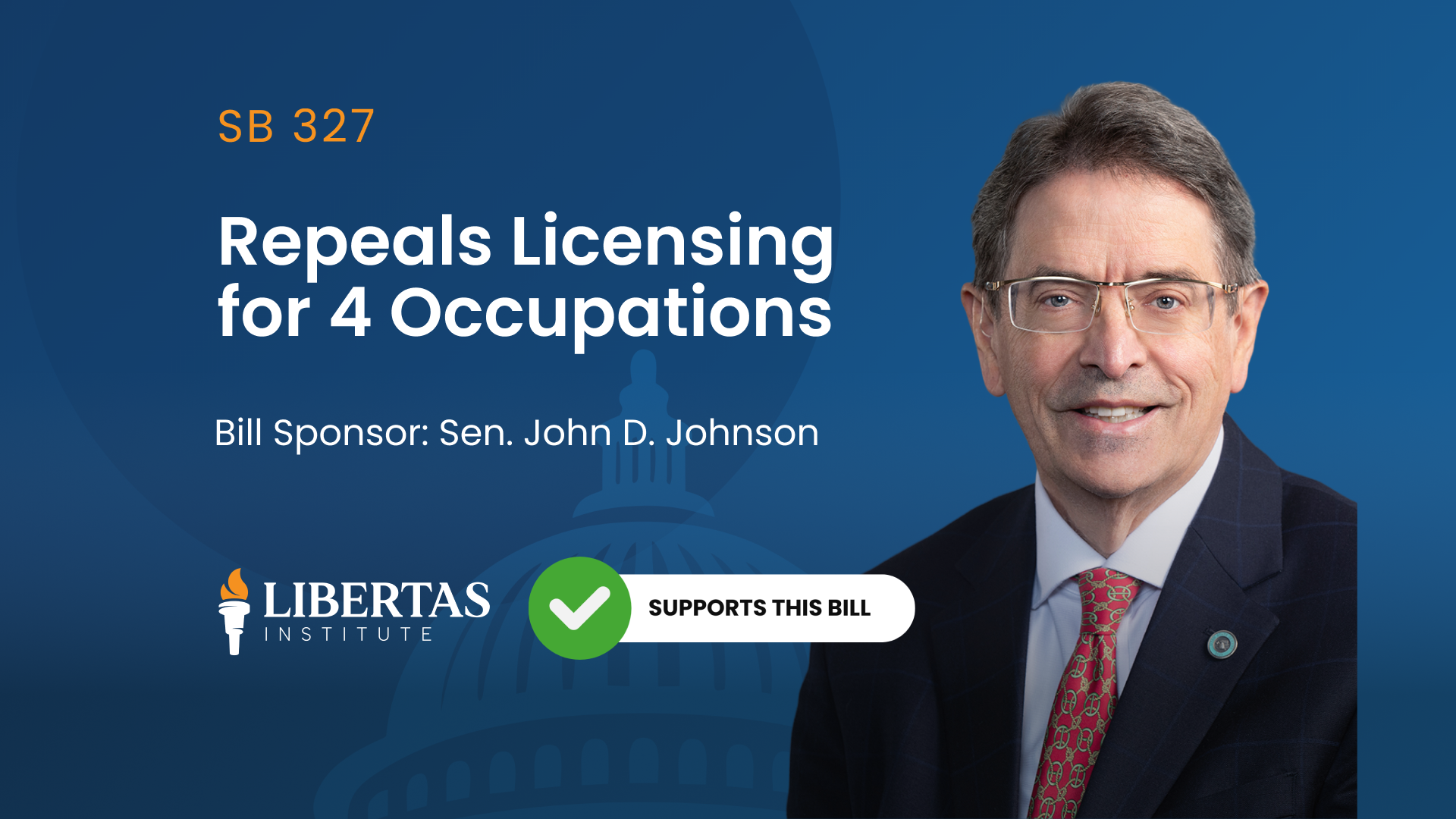This bill did not receive a vote.
Libertas Institute supports this bill
It is not uncommon for classrooms to be missing their teachers. Schools across the state are facing the repercussions of large-scale teacher vacancies. As a result, substitutes, paraprofessionals, and administrators have had to step outside of their professional roles and teach classes. While these valiant efforts should be applauded, students ultimately deserve a teacher to guide them on their educational journeys.
The extent of teacher shortages in Utah should not be understated. According to an audit on teacher retention in Utah, “The U.S. will likely face a shortage of 200,000 teachers by 2025 if policymakers and public education leaders do not act.” In 2021, some Utah school districts had teacher turnover rates up to 18 percent and shortages leaving up to 33 percent of classrooms without their teacher.
These shortages must be resolved in an expedient manner if Utah hopes to maintain or improve the education outcomes of its students.
A major culprit for the state’s shortage of qualified educators is occupational licensing restrictions. An occupational license is essentially a government permission slip that grants an individual the ability to work in the profession they choose. Without an occupational license, many jobs are unattainable to the general public.
Restrictive licensing requirements particularly burden busy, hardworking, low-income individuals. For example, a single parent seeking to become a licensed professional must overcome expensive education requirements, which often necessitate a college degree and large time commitments. These requirements might make reaching one’s desired professional goal unattainable. Someone in this position may not have the monetary ability or available time to gain licensure.
Despite reform efforts, Utah’s prospective teachers are not exempt from overly restrictive licensing requirements. In Utah, there are three levels of licensure that teachers can obtain. Each licensure level comes with increased prestige, possibly greater earning potential, and certainly larger restrictions.
Luckily, there are opportunities for further reform in the realm of educator certification that can almost immediately remedy the labor shortage this profession faces.
House Bill 295, sponsored by Representative Norman Thurston, allows individuals who complete certain educator training programs, without receiving a bachelor’s degree, to obtain an educator license from the State Board of Education. This is a competency-based program that provides educators with the knowledge, skills, and abilities necessary to teach in the classroom and does not lead to a bachelor’s degree.
Reducing licensure requirements for teachers can make this profession increasingly accessible. By removing barriers to entry, such as lengthy and costly licensing procedures, more individuals may be inclined to pursue a career in teaching. This can be especially beneficial in addressing the current teacher shortage, as school districts will have a larger pool of qualified candidates to choose from.




